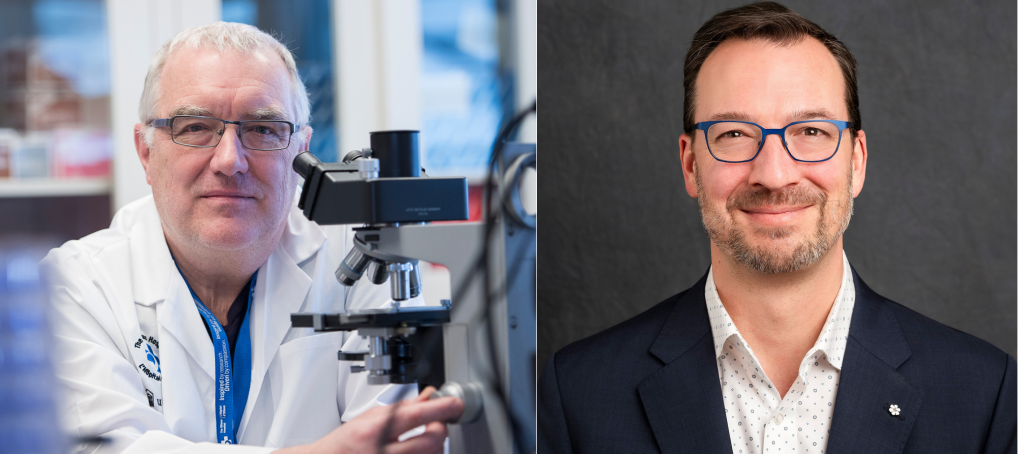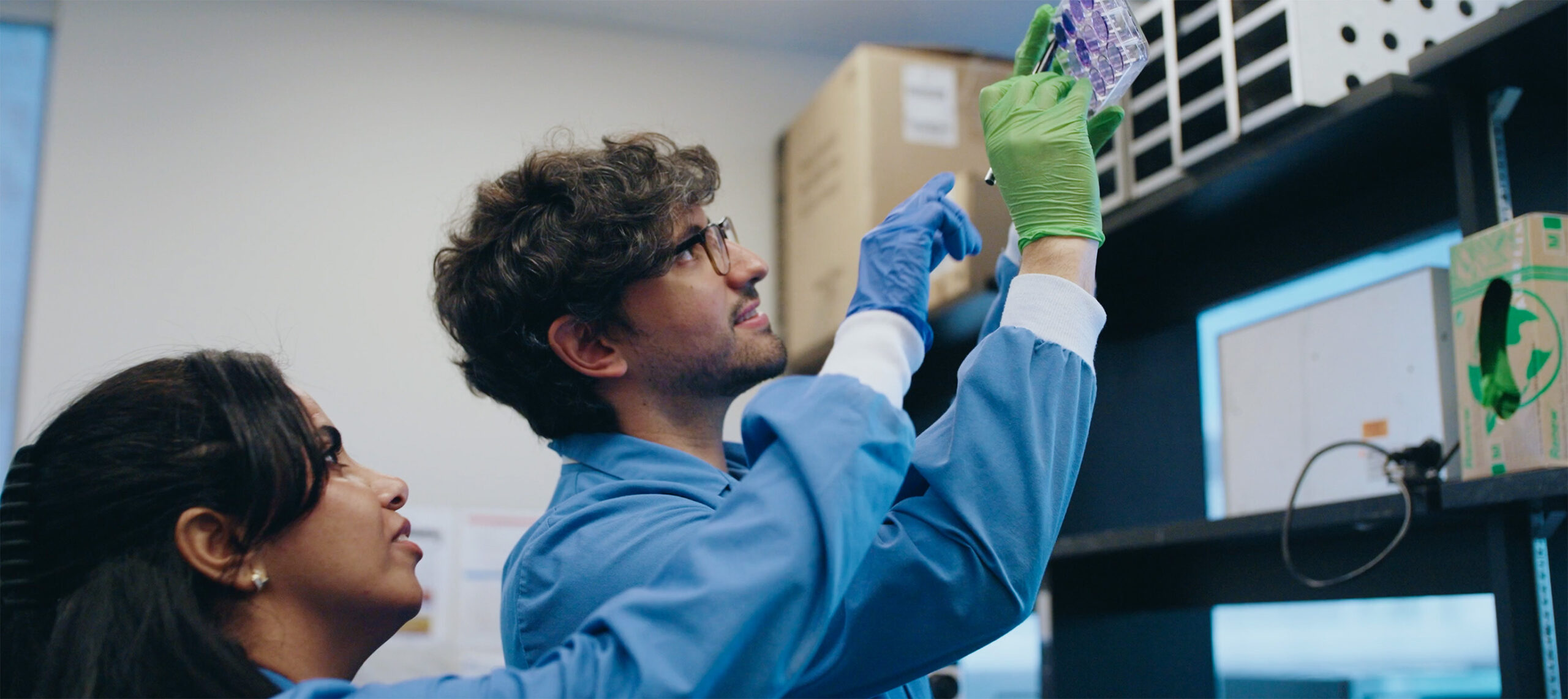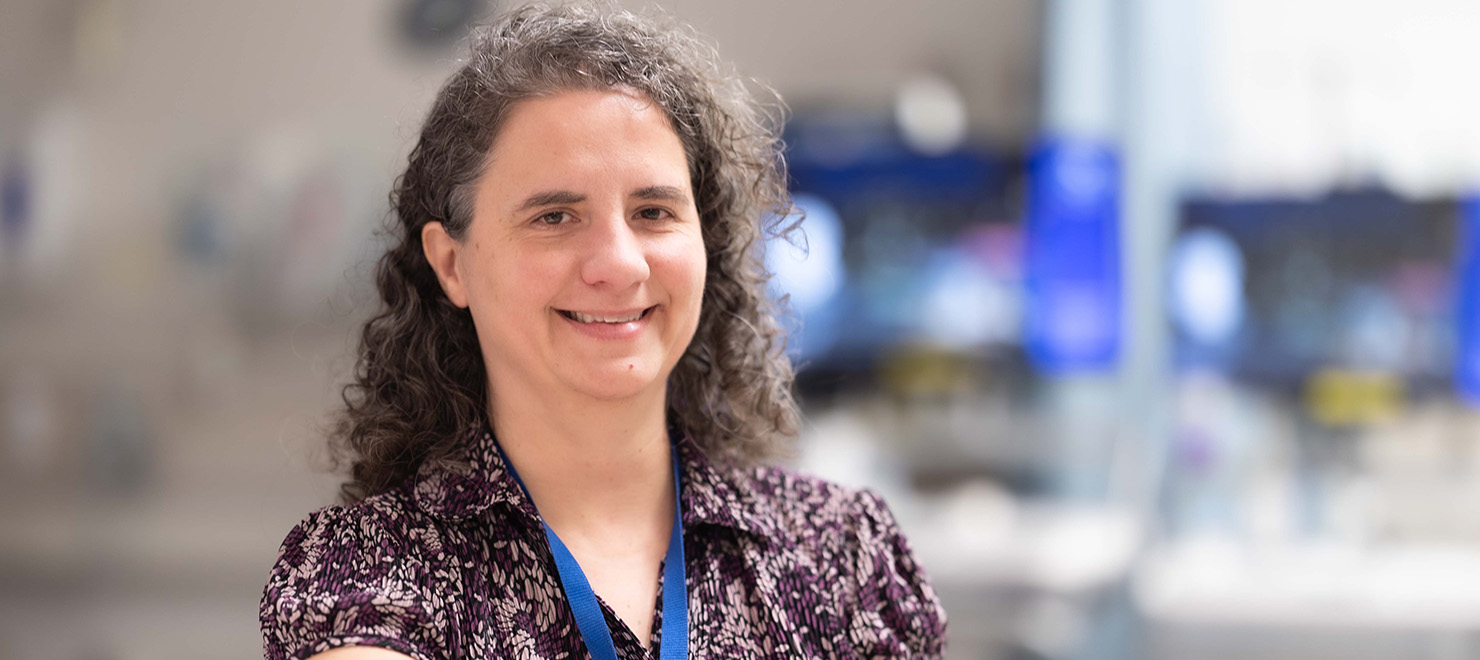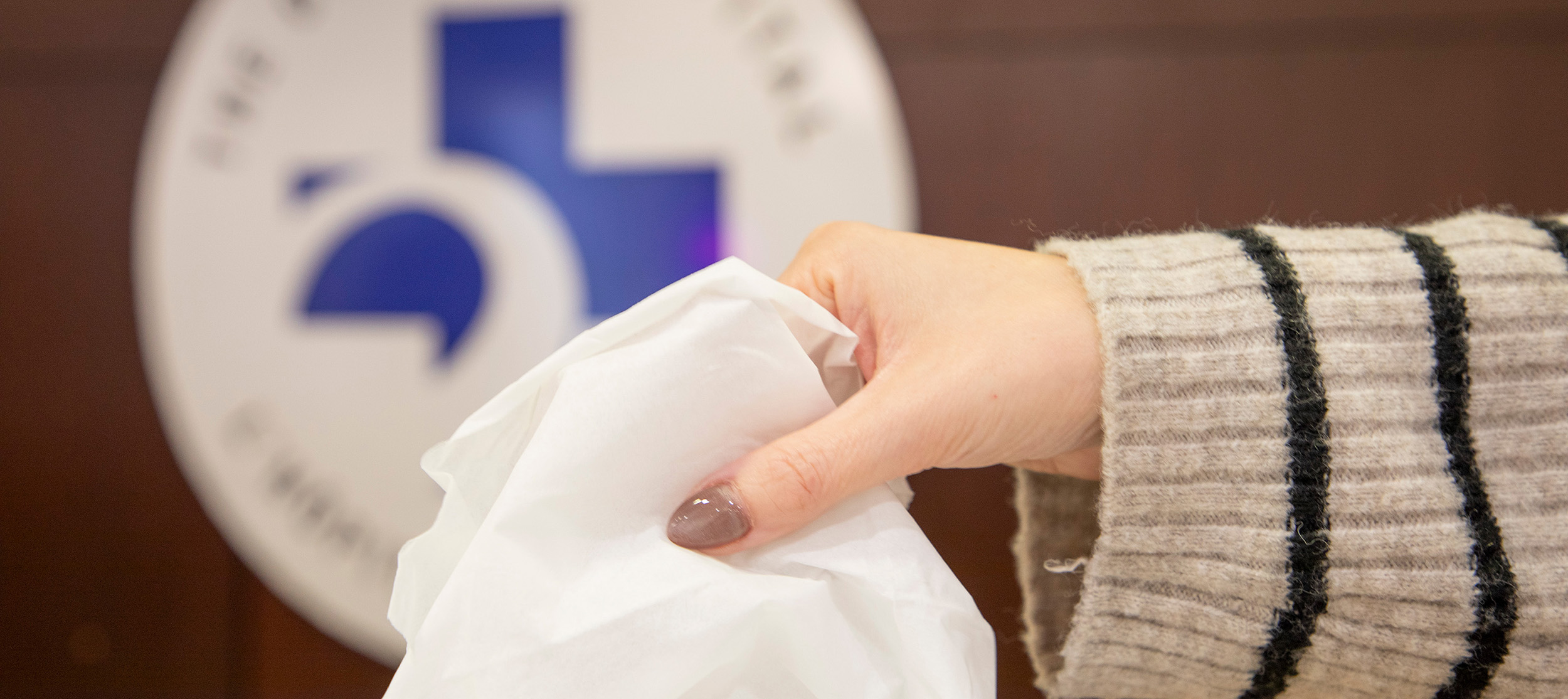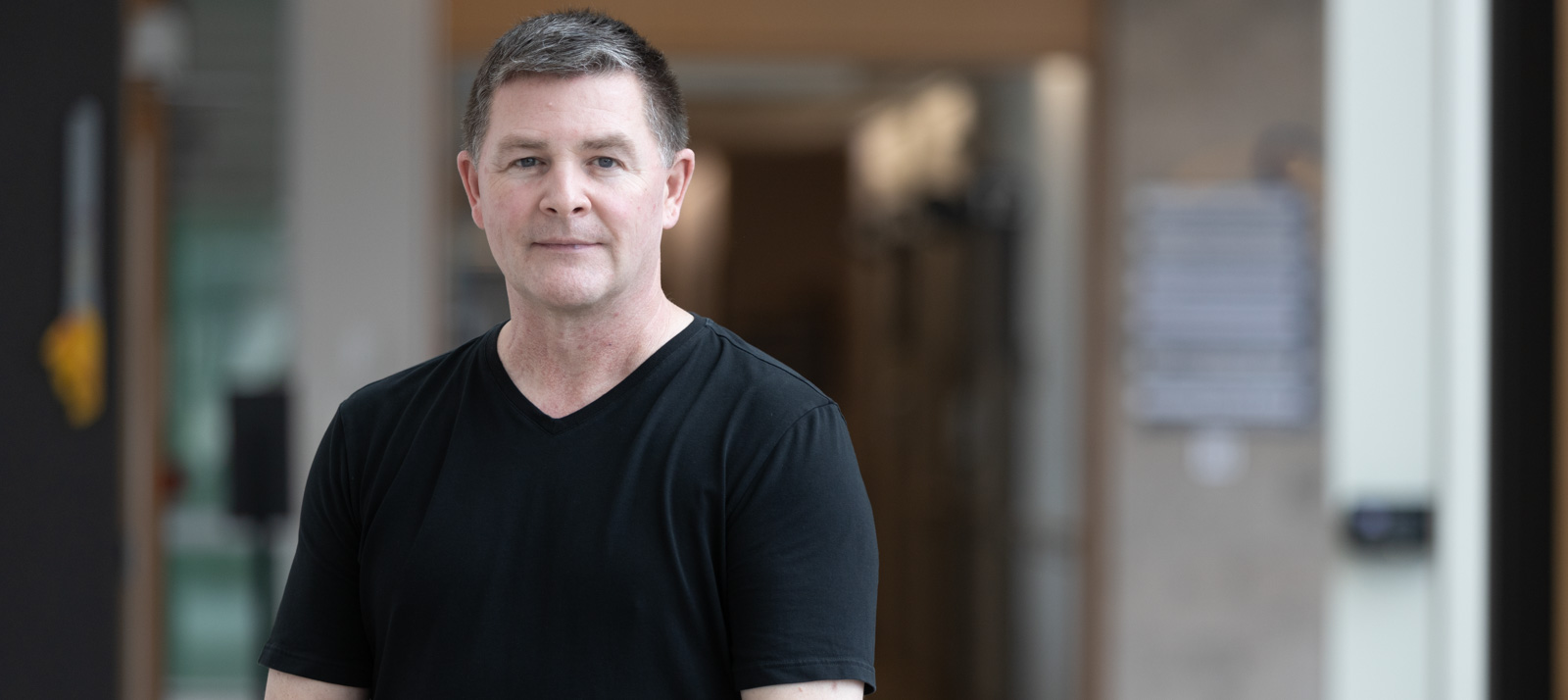
“I am 100 per cent confident in the decision I made. I would choose it again in a heartbeat,” says patient Daniel O’Driscoll.
Before making any serious decision, Daniel O’Driscoll has always needed to have all the information he can get his hands on.
“I’m the kind of person who needs to see everything and understand everything as completely as possible before I go through with something,” says Daniel.
When doctors found a lump on his kidney and told him it could be cancerous, the life-long critical thinker had to weigh his options and choose between several very different paths forward.
To help him choose a path of care that was right for him, The Ottawa Hospital’s Urology team provided Daniel with a booklet that he could take home and review at his own pace — a patient decision aid.
The Ottawa Hospital is proud to be home to the largest collection of decision aids in the world, covering everything from various cancers to depression to allergies.
What are patient decision aids?
Decision aids are resources, usually written materials and videos, that help patients understand their condition and the options available to them so that they can confidently make choices about their care and treatment that are right for them.
For example, a decision aid may outline various treatments and their associated benefits, risks and potential side effects, helping patients think about what outcomes are most important to them. Decision aids do not advise patients to choose one option over another, nor do they replace counseling from the patient’s care team. Instead, they help prepare patients to discuss options with their care team so they can make an informed choice.
For Daniel, he had to choose between watchful waiting, a biopsy to confirm if the lump was cancerous, or surgery to remove part of his kidney.
“And the one I chose was the surgery. I didn’t want to wait anymore,” recalls Daniel. “I am 100 per cent confident in the decision I made. I’d choose it again in a heartbeat.”
The decision aid and care team provided Daniel with all the information he needed to make one of the most important decisions of his life.
“The information in the booklet was presented very well and gave me a lot of different things to think about,” explains Daniel. “It made it easy to see what was gonna happen depending on which course of action I chose — which was really good for my mental state. In the end, I had no doubts about what I was going in for.”
Daniel’s decision aid was developed by Drs. Rodney Breau and Luke Lavallée, Urologic Oncologists and Scientists at The Ottawa Hospital, and Dr. Dawn Stacey, Senior Scientist at The Ottawa Hospital and Co-Director of the Patient Decision Aids Research Group.
Research confirms decision aids empower patients
Founded in 1995 by Dr. Annette O’Connor, The Ottawa Hospital’s Patient Decision Aids Research Group designs and tests decision aids and maintains the hospital’s inventory of these resources, which have been provided by health-care organizations from around the world — including the Mayo Clinic, NHS England and our own hospital.
Over the past decade, decision aids have risen in popularity among physicians and patients, and our hospital’s work in this field has made a significant impact internationally, including with the Affordable Care Act in the United States, which includes guidelines on use of decision aids throughout their health-care system.
“One of the priorities of the hospital is to better involve patients in making decisions about their care — and The Ottawa Hospital is leading the world in developing and evaluating these resources,” says Dr. Stacey. “And the evidence shows that they work.”
Dr. Stacey and her team led an international research study that found that decision aids help patients better understand their care options, be more involved in making decisions about their health, and choose an option that reflects what is most important to them.

Do you need help making a decision that is right for you?
Our world-leading inventory of patient decision aids is available online for you to explore.
If you can’t find a decision aid on a specific topic, the Ottawa Personal Decision Guide, available in 13 languages, can be used to help you think through a health or social decision.

Support patient care and research at
The Ottawa Hospital
You might also like…
Dr. John Bell and Stephen Beckta inducted into the Order of Canada
The Ottawa Hospital is proud to share that on December 31, 2025, two members of our team were inducted into the Order of Canada. Congratulations Dr. John Bell and Stephen Beckta.
Everyone at our hospital plays a role in research. Here’s how
It’s Research Week at The Ottawa Hospital. Check out this video to hear from some of the incredible people fuelling our discoveries that are having an impact around the world.
Living with chronic pain? This online tool offers help — and hope
The Power Over Pain Portal is a free virtual resource hub designed to help empower youth and adults living with chronic pain through education and peer support.
What to do in an emergency: New first aid video series on YouTube
Would you know what to do if you saw someone experience a stroke, heart attack or opioid overdose? We’ve launched a series of easy-to-follow videos on YouTube that walk you through how to respond to common first aid emergencies.
Flu season 101: A quick guide to keeping the sniffles away
Got two minutes? This short guide could help you make it through flu season without stocking up on tissues.
Aging well: Guidance for older adults
In this special video series for both older adults and their loved ones, geriatric care specialists from The Ottawa Hospital offer guidance on navigating common health-care challenges that may arise with aging.


 To reset, hold the Ctrl key, then press 0.
To reset, hold the Ctrl key, then press 0.
